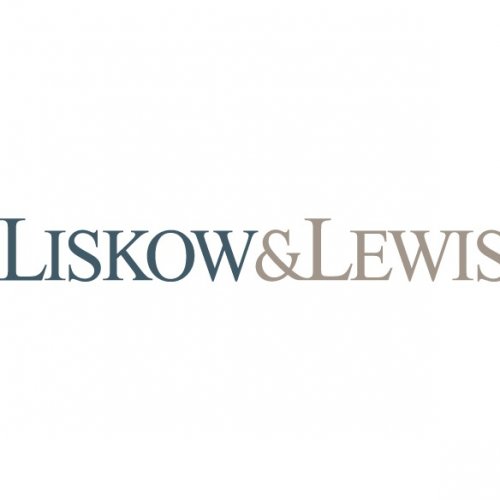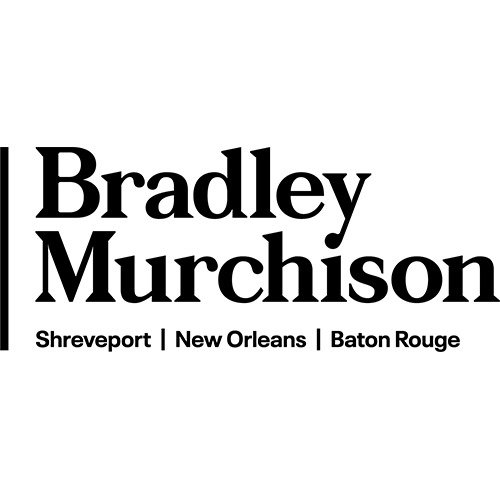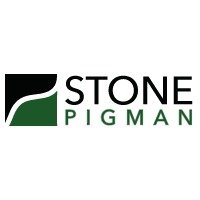Best Sanctions & Export Controls Lawyers in New Orleans
Share your needs with us, get contacted by law firms.
Free. Takes 2 min.
List of the best lawyers in New Orleans, United States
About Sanctions & Export Controls Law in New Orleans, United States
Sanctions and export controls are areas of law that regulate the transfer of goods, technology, and services across international borders. In New Orleans, a major port city with significant import and export activities, these laws have local importance. They are governed primarily by federal regulations but can have unique implications for businesses and individuals operating in or through New Orleans. Sanctions restrict dealings with certain countries, entities, or individuals, while export controls set rules about what items and information can leave the United States. Compliance is essential to avoid both civil and criminal penalties.
Why You May Need a Lawyer
Legal assistance is crucial in several situations related to sanctions and export controls. Companies in New Orleans involved in shipping, oil and gas, technology, agriculture, or trade may inadvertently deal with controlled goods or restricted parties. Individuals working with sensitive technologies or traveling abroad with certain equipment also face compliance risks. Legal help becomes important if you receive a federal inquiry, face penalties for possible violations, need guidance on licensing requirements, or are simply unsure about your compliance obligations. An experienced lawyer can help you interpret the laws, implement compliance programs, manage investigations, and represent you in enforcement proceedings.
Local Laws Overview
While sanctions and export controls are generally set at the federal level by agencies such as the Office of Foreign Assets Control (OFAC), Bureau of Industry and Security (BIS), and Directorate of Defense Trade Controls (DDTC), the local context in New Orleans can influence how the laws apply. As a key port city, New Orleans routinely interacts with Customs and Border Protection (CBP), and companies must ensure all export documentation is accurate. Louisiana state law supports federal regulation and enforcement but may also have additional rules for businesses operating at the port or within the state. Furthermore, local industries such as seafood, energy, and maritime services often encounter import and export restrictions requiring tailored compliance solutions.
Frequently Asked Questions
What are sanctions in the context of New Orleans trade?
Sanctions are legal restrictions that prohibit trade or financial transactions with certain countries, entities, or individuals. These impact New Orleans businesses engaging in international trade, requiring them to verify they are not violating U.S. government rules.
What are export controls and how do they apply locally?
Export controls regulate the distribution of sensitive goods, technology, and information outside the United States. In New Orleans, with its busy port, businesses must ensure that exports comply with federal rules, especially concerning controlled items and destinations.
Who enforces sanctions and export controls in New Orleans?
Federal agencies like OFAC, BIS, and CBP are the primary enforcers. Local offices of these agencies, along with the U.S. Attorney's Office, handle compliance and enforcement in the New Orleans area.
What are common violations in this field?
Common violations include exporting restricted items without the proper license, dealing with sanctioned individuals or organizations, submitting false export documentation, and failing to perform required due diligence.
What penalties can result from violations?
Violations can lead to civil penalties, substantial fines, loss of export privileges, and even criminal charges that may include imprisonment.
Do small businesses need to worry about sanctions and export controls?
Yes, all companies, regardless of size, must comply. Even inadvertent violations by small businesses can result in severe penalties if goods or services are exported unlawfully or to sanctioned entities.
Is there a list of countries or people I cannot do business with?
Yes, the U.S. government maintains lists of sanctioned countries, organizations, and individuals. Checking the Specially Designated Nationals (SDN) List and other federal databases is essential before engaging in international transactions.
What should I do if I receive a subpoena or inquiry related to exports?
Contact a qualified sanctions and export controls lawyer immediately. They can guide you on how to respond, help protect your interests, and ensure ongoing compliance.
Are there local resources for compliance training?
Local law firms, trade associations, and the New Orleans office of U.S. Customs often offer seminars and training sessions on export compliance and current sanctions regulations.
How can I create an effective compliance program?
A lawyer can help you assess your risk, develop written policies, conduct employee training, and set up internal review processes. Tailoring these efforts to New Orleans' unique trade landscape improves their effectiveness.
Additional Resources
- U.S. Department of the Treasury, Office of Foreign Assets Control (OFAC) - U.S. Department of Commerce, Bureau of Industry and Security (BIS) - U.S. Department of State, Directorate of Defense Trade Controls (DDTC) - U.S. Customs and Border Protection (CBP) - Port of New Orleans - Louisiana Economic Development (LED) Trade Division - Local chambers of commerce and export councils - Qualified local law firms with experience in sanctions and export controls
Next Steps
If you believe you need legal advice regarding sanctions or export controls in New Orleans, begin by gathering relevant documents, such as shipping records, contracts, and compliance policies. Identify the specific area of concern, whether it is a potential violation, a federal inquiry, or general compliance. Reach out to a local lawyer or law firm that specializes in this field to schedule a consultation. They will help assess your situation, clarify your obligations, and design a plan for compliance or defense. Even if you have not faced government action, proactive legal advice is the best way to protect your business and reputation.
Lawzana helps you find the best lawyers and law firms in New Orleans through a curated and pre-screened list of qualified legal professionals. Our platform offers rankings and detailed profiles of attorneys and law firms, allowing you to compare based on practice areas, including Sanctions & Export Controls, experience, and client feedback.
Each profile includes a description of the firm's areas of practice, client reviews, team members and partners, year of establishment, spoken languages, office locations, contact information, social media presence, and any published articles or resources. Most firms on our platform speak English and are experienced in both local and international legal matters.
Get a quote from top-rated law firms in New Orleans, United States — quickly, securely, and without unnecessary hassle.
Disclaimer:
The information provided on this page is for general informational purposes only and does not constitute legal advice. While we strive to ensure the accuracy and relevance of the content, legal information may change over time, and interpretations of the law can vary. You should always consult with a qualified legal professional for advice specific to your situation.
We disclaim all liability for actions taken or not taken based on the content of this page. If you believe any information is incorrect or outdated, please contact us, and we will review and update it where appropriate.














